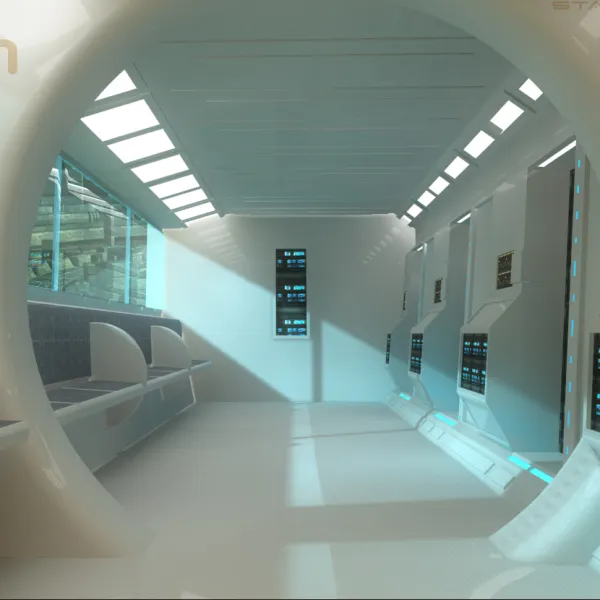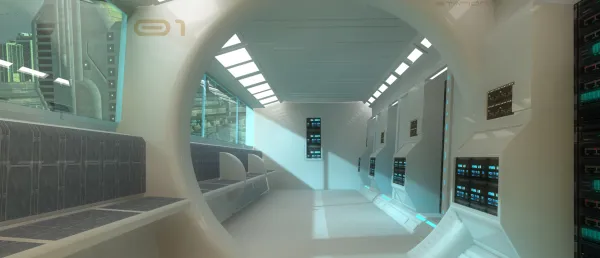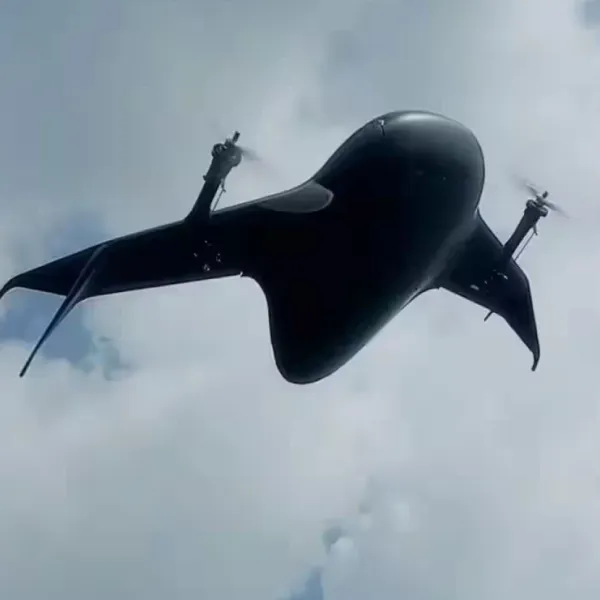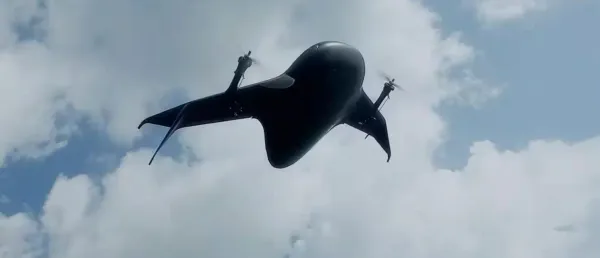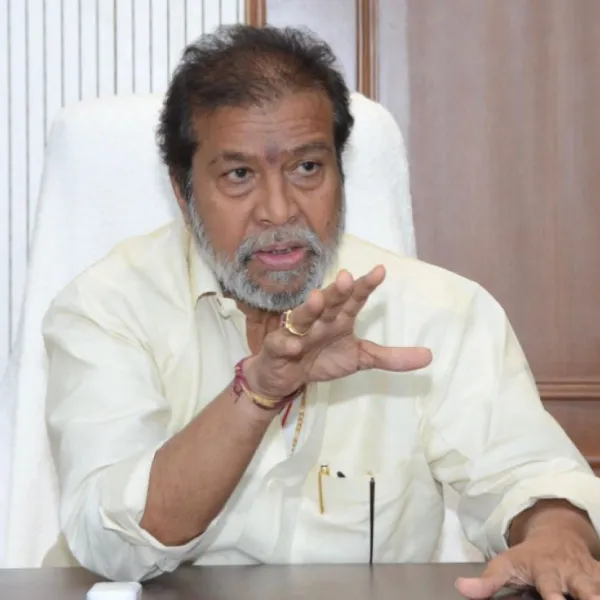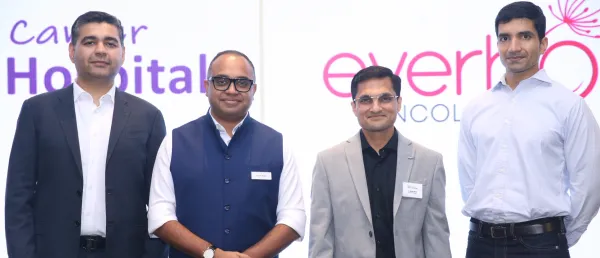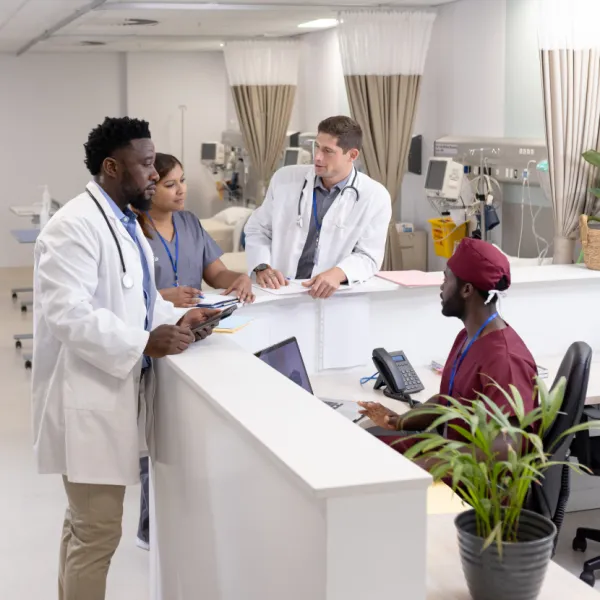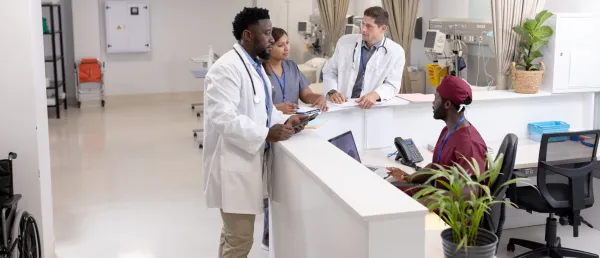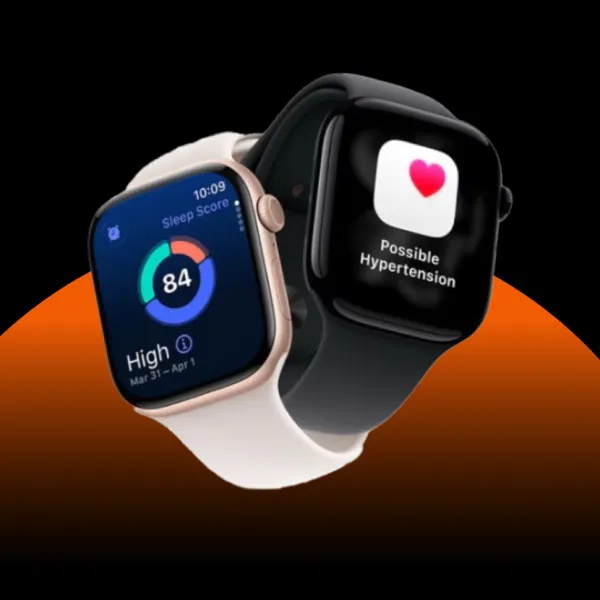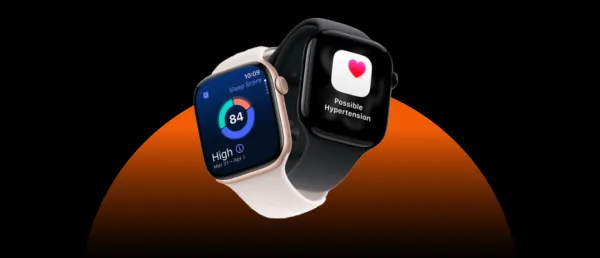ICMR Successfully Deploys Drones for Cornea Transplants in Remote Areas
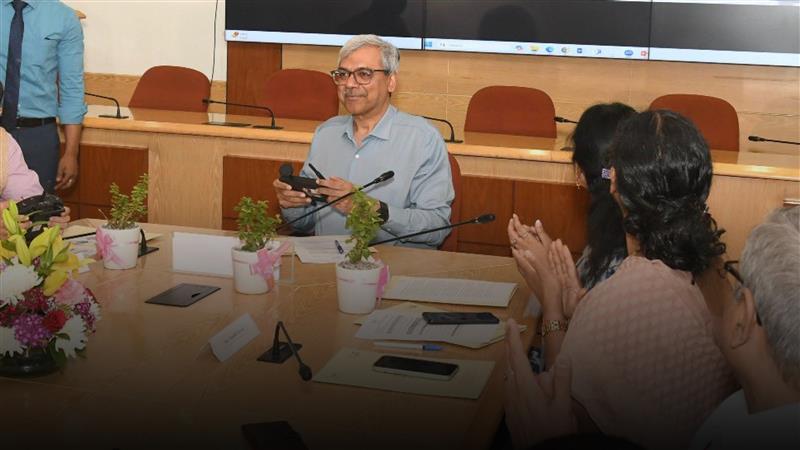
As part of the study, drones transported corneal tissue from Dr Shroff's Charity Eye Hospital in Sonipat to the National Cancer Institute (NCI) in Jhajjar and AIIMS New Delhi.
The Indian Council of Medical Research (ICMR) has successfully demonstrated the potential of drones to transport human corneas for transplants, aiming to bridge healthcare gaps in remote areas.
Conducted in collaboration with AIIMS New Delhi, Dr Shroff's Charity Eye Hospital, and the Ministry of Civil Aviation, the pilot has marked a significant step toward faster, safer, and more efficient medical logistics.
As part of the study, drones transported corneal tissue from Dr Shroff's Charity Eye Hospital in Sonipat to the National Cancer Institute (NCI) in Jhajjar and AIIMS New Delhi.
The journey, typically taking 2-2.5 hours by road, was completed in just 40 minutes by air. The corneal tissue remained in optimal conditions throughout, leading to a successful transplant surgery.
"Corneal blindness affects millions in India, and timely availability of donor tissue is often a limiting factor. This drone-based transport model could be a transformative step toward ensuring equitable access to vision-restoring surgeries, especially in underserved areas," said Prof M Srinivas, Director of AIIMS, New Delhi.
Drones are emerging as game-changers in healthcare logistics, offering quick and temperature-stable delivery of sensitive medical supplies. For time-sensitive tissues like corneas, any delay can compromise quality and reduce transplant success.
The i-DRONE pilot has shown that drone-based transport can cut transit times, reduce dependency on unpredictable road networks, and ensure more patients receive timely treatment.
ICMR's i-DRONE initiative has previously delivered critical medical supplies across challenging terrains in Northeast India, Himachal Pradesh, Karnataka, Telangana, and the NCR.
From COVID-19 vaccines to TB samples and blood products, drones have consistently demonstrated their potential to overcome last-mile delivery challenges.
Dr Rajiv Bahl, Secretary, Department of Health Research, and Director General of ICMR, said, "The i-DRONE platform was originally conceived during the COVID-19 pandemic to deliver vaccines to remote regions. Since then, we've scaled our efforts to include low-temperature delivery of blood products and essential medicines to high-altitude and sub-zero locations. This cornea transport study marks another step forward—enhancing patient access, ensuring timely transplants, and reducing pressure on overburdened tertiary hospitals. This initiative aligns perfectly with the Honourable Prime Minister's vision of a self-reliant India powered by innovation. Drone-based healthcare logistics are the future, and India is taking the lead by applying this to areas where it matters most—saving lives and restoring sight."
Piyush Srivastava, Additional Secretary and Senior Economic Advisor, Ministry of Civil Aviation, called the collaboration a "tech-enabled social impact," adding that it exemplifies India's ability to tackle real-world healthcare challenges through innovation.
Moving forward, the study aims to document workflows, address technical challenges, and build evidence to integrate drone logistics into routine medical practices, particularly for sensitive biological materials like human corneas.
The insights from this pilot are expected to help develop protocols and policies to standardize drone-based medical logistics in India.
Stay tuned for more such updates on Digital Health News.
Stay tuned for more such updates on Digital Health News





